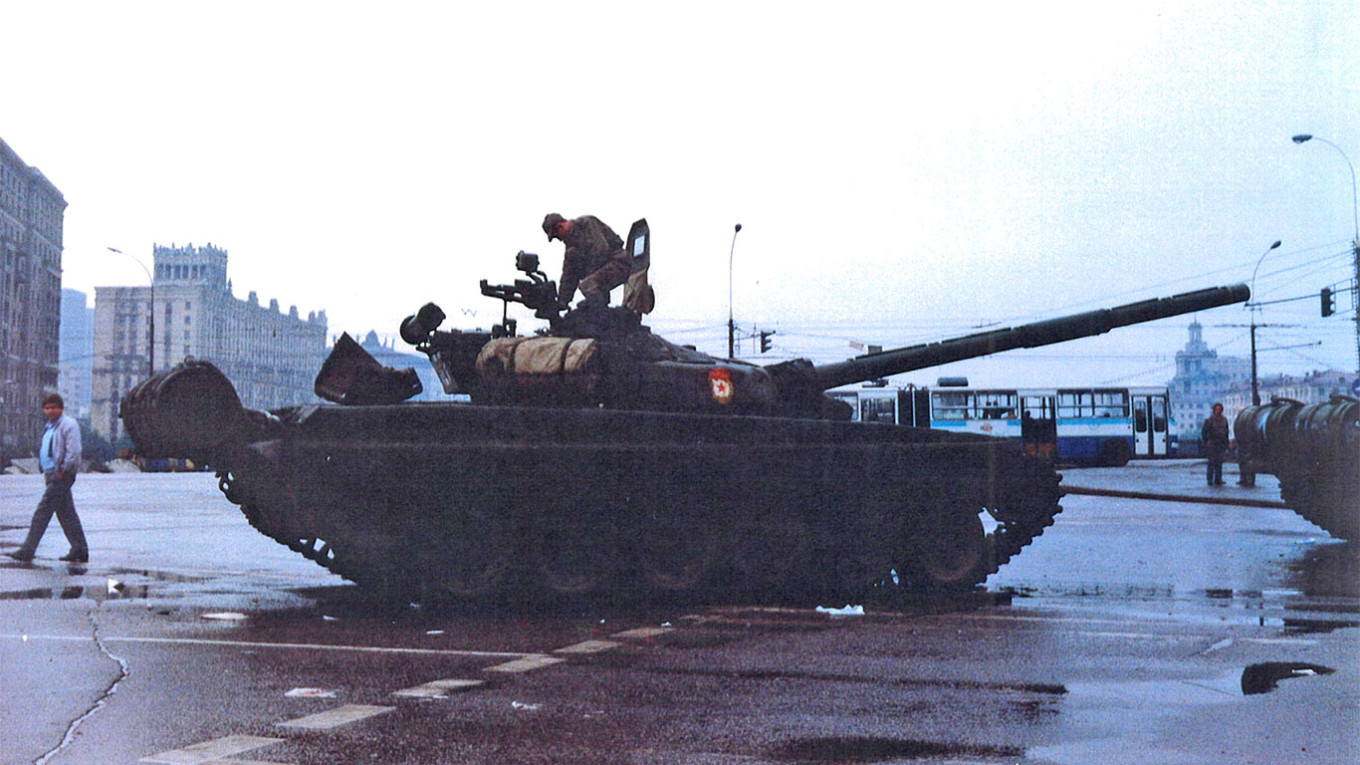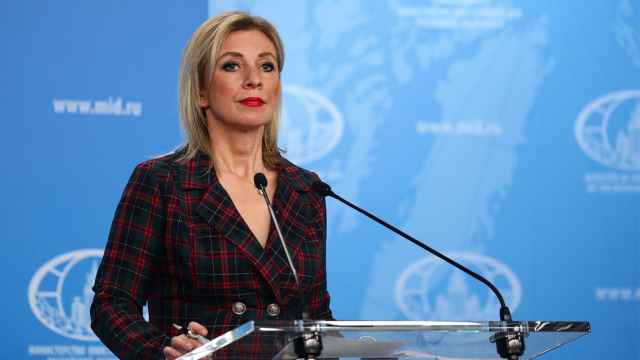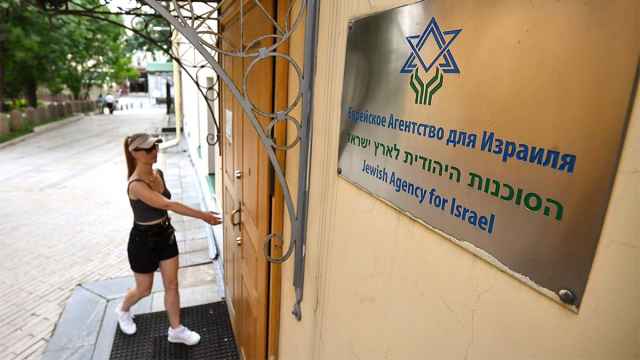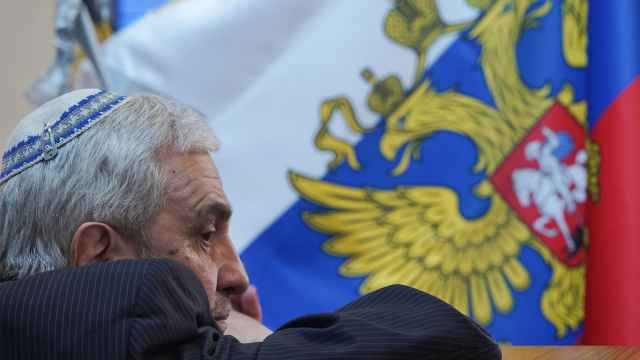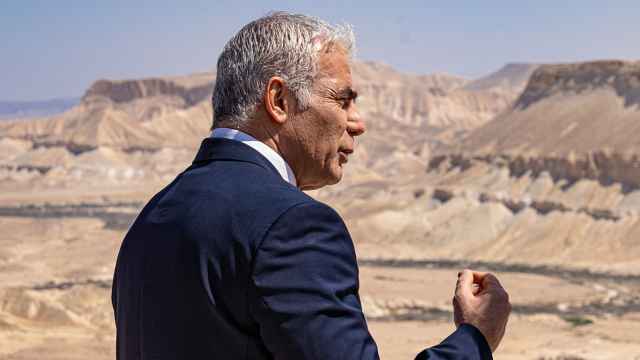When the Soviet Union fell to pieces in 1991, it seemed that Europe’s eastern and western halves miraculously coalesced, and the nuclear fears that had proliferated during the Cold War fell away. Politicians spoke of a peace dividend. “Bliss was it in that dawn to be alive,” as the poet William Wordsworth once wrote of the French Revolution.
In the European imagination, this Golden Age came to an abrupt end in 2014, when Russia annexed Crimea and infiltrated eastern Ukraine, bringing war back to the continent. After these events, the concept of the Golden Age held less clout against a Russia that refused to compromise, pull back, or give up on its will to determine Ukraine’s future. But the West still tried to engage with Moscow, holding the conviction that keeping channels open was necessary for preventing a return to nuclear brinkmanship. By February 2022, nobody could argue we were in a Golden Age any longer. Russia had launched a massive war against Ukraine. This would be followed by ethnic cleansing in Nagorno-Karabakh in September 2023, and then the stirrings of war in the Middle East just a month later.
For Europe, this storyline more or less holds true, with some exceptions. The reconciliations between old enemies in Europe during this time were spectacular: Germany-France, Germany-Britain, Germany-Poland — on and on went the list of seemingly implacable enemies who became friends and allies. But this pathway of peace is a Western European story, not a global one. It more closely resembles a fairy tale than an accurate understanding of the post-Cold War period.
The 30 years that followed the Cold War were in fact exceptionally violent. Moldova never quite escaped the legacy of the Soviet Union. The Balkans erupted in conflict in the 1990s, and in 2008 Russia waged war against Georgia, taking a portion of its territory. In these years were planted the seeds of tension and conflict that have recently sprouted into brutal life — in Europe, in the Middle East and Africa. To tell this story is to trace three separate patterns: the pattern of wars waged by the West; China’s and Russia’s rise to military power; and the pattern of regional crises that festered for decades while retaining the potential to explode.
The two best-known Western wars after 1991 stemmed from the Sept. 11 attacks on the United States. Both were huge undertakings that generated mass civilian casualties. The war in Afghanistan lasted a bit less than 20 years, terminating in the chaotic return to power of the Taliban in August 2020. The war in Iraq has never really ended. It did much to destabilize the Middle East, emboldening Iran, contributing to the unraveling of Syria and enabling the rise of ISIS.
The lesser-known Western war, if it can be called that, was in 2011, when NATO intervened in Libya for humanitarian reasons as the brutal Qaddafi regime splintered and multiple kinds of disorder took its place. Libya’s descent into anarchy is one source of the ongoing migrant crisis. Many Libyans tried to escape for more peaceful places, and many migrants from other countries passed through Libya in hopes of reaching Europe. A horrific civil war in Syria, which also began in 2011, further contributed millions to migrant populations in the Middle East and in Europe.
As actors on the international stage, China and Russia differ dramatically. China has so far eschewed direct conflict. Meanwhile, it has amassed enormous wealth, some of which it has invested in military hardware, launching itself into the ranks of the great powers. Beijing now has the capacity to wage war on land and sea, and the fear that it will make a move on Taiwan has already recalibrated the geopolitics of the Indo-Pacific. Nevertheless, China’s leverage has so far been economic and not on the battlefield.
In contrast, Russia has been at war almost continuously since 1991. It was initially limited by its wrenching transition to capitalism in the early 1990s. After that came two wars in Chechnya, war with Georgia, war with Ukraine, entry into the civil war in Syria, its meddling in the United States elections that approached an act of war, vast mercenary-expeditionary ventures in Africa (via the Wagner Group) and then, of course, the invasion of Ukraine. All of this amounts to one warlike continuum.
Together, Russia and China are attempting to build a new international order. In simple terms, they want an order more amenable to their own interests (as Vladimir Putin and Xi Jinping define them), with Russia as a decisive player in European and China in Asian geopolitics, both with a freer hand to act than they currently have. In more complicated ways, Russia and China are also trying to establish authoritarian governance as an international norm, coupled with the “might makes right” ethos of traditional great powers. This is not a recent project. It has been years, if not decades, in the making.
Finally, the 32 years since the fall of the Berlin Wall have witnessed countless regional wars and crises interspersed with disruptive experiments of non-state actors around the world. Regional crises have broken out in Sri Lanka, Yemen, Ethiopia and, as already mentioned, in Libya and Syria. Military coups have recently toppled several governments in the Sahel. The Arab-Israeli conflict has at times faded into the background, but it never vanished. The Palestinians came no closer to statehood, while Israel was locked in a state of war with Iran, a conflict that dates back to the Iranian Revolution of 1979.
Terrorism has been another defining feature of the post-Cold War period. The Sept. 11 attacks radicalized American foreign policy. Russia endured several instances of terrorism in the early 2000s, radicalizing Moscow’s foreign policy. On Oct. 7, 2023, Hamas inflicted a large-scale terrorist attack on Israel, sparking a local war that may in turn spread through the region. In that case, Iran would certainly become involved — an escalation that neither the United States nor Russia could stand by and observe, with Washington as an ally of Israel and Moscow as a partner of Iran.
Our is not just an age of turning points, of new realities and of disorienting change. It is — grimly, depressingly — an age of continuity. One such continuity is the stark prevalence of war. Another is the ferocious competition of powers great and small, leading to a world awash in regional conflict. And yet another is the aspiration of small groups — Al Qaeda, Hamas — to overturn the status quo.
At the same time that we might rightly cherish all that was gained from the Soviet Union’s collapse, we should not be naïve toward the many parallel trajectories of the last three decades. A few of these trajectories have been in the direction of peace. Many of them, alas, have been shadowed by an impatience with compromise and deliberation, and by an unending appetite for war.
A Message from The Moscow Times:
Dear readers,
We are facing unprecedented challenges. Russia's Prosecutor General's Office has designated The Moscow Times as an "undesirable" organization, criminalizing our work and putting our staff at risk of prosecution. This follows our earlier unjust labeling as a "foreign agent."
These actions are direct attempts to silence independent journalism in Russia. The authorities claim our work "discredits the decisions of the Russian leadership." We see things differently: we strive to provide accurate, unbiased reporting on Russia.
We, the journalists of The Moscow Times, refuse to be silenced. But to continue our work, we need your help.
Your support, no matter how small, makes a world of difference. If you can, please support us monthly starting from just $2. It's quick to set up, and every contribution makes a significant impact.
By supporting The Moscow Times, you're defending open, independent journalism in the face of repression. Thank you for standing with us.
Remind me later.



